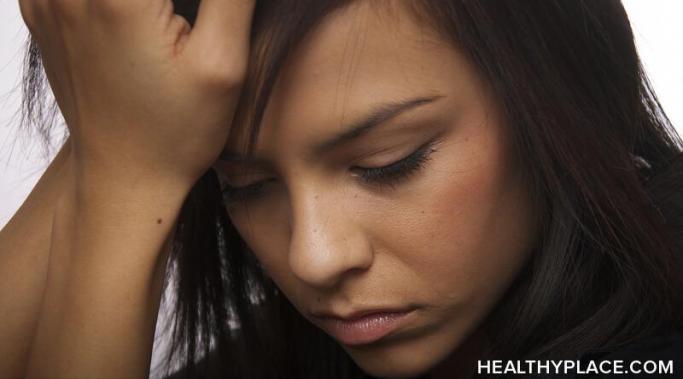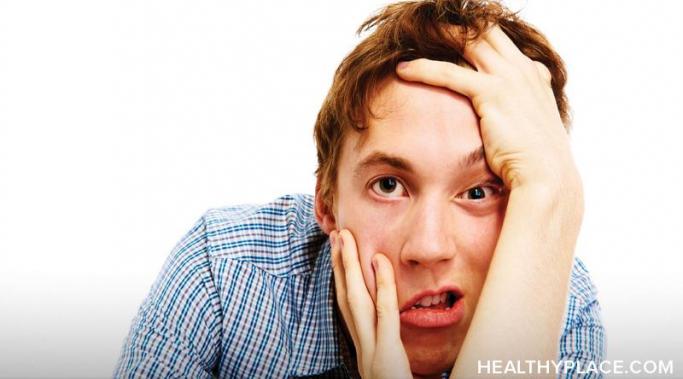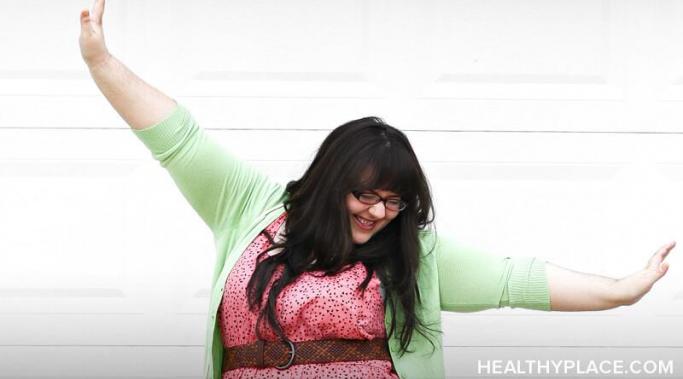Blogs
COVID-19 vaccine refusal could be related to depression. I know there might not seem to be a link there, but I suspect there is. Depression could affect how a person feels about getting a vaccine for a number of reasons, and it may lead all the way up to vaccine refusal thanks to depression.
I have an idea for a children's book, but anxiety-induced procrastination is in the way. I've been saying for years that I want to write a book, and last week inspiration struck. I am telling you this because I know that if I don't, the idea will remain just that: an idea. And I will continue to be what I've been for years: someone who says they want to write a book, writes a few chapters, then leaves them to gather dust in a long-forgotten folder on a laptop. I am a pathological procrastinator, but I believe I have found a way to tackle my anxiety-induced procrastination and share it here in the hopes that it will help you, too.
It's easy to write off jewelry—of any kind—as a frivolous fashion statement, pretty but shallow. In the case of self-harm recovery jewelry, however, the meaning runs much deeper than that.
The medication cocktail I take is far from perfect. For one thing, it doesn’t stop my schizoaffective anxiety from remaining a disabling challenge. For another, my antipsychotic causes a ridiculous amount of weight gain. So you’d think that when I learned about a new antipsychotic on the market, I’d jump at the chance to try it. I’m not jumping. Here’s why.
Due to the number of hours many of us spend at work, it is natural for work to become an integral part of one's identity. In fact, there's a term for it: work identity. Depression also affects one's work identity, so much so that it might define you in your workplace. What's more, it may also define the way you see yourself.
Anxiety can severely limit lives, so much so that it can be difficult to leave the house to go to work (or anywhere else, for that matter). Anxiety symptoms can be crushing and exhausting, and anxiety attacks or panic attacks can leave you overwhelmed, drained, physically ill, and haunted by strong, negative thoughts and emotions. This makes daily functioning, including going to work, incredibly difficult. While it's not necessarily a quick and easy process, you can break free from the shackles of anxiety, anxiety attacks, or panic attacks and not only get to work but feel steady and actually enjoy life again.
Since I author a blog about raising a child with mental illness, you'd think I'd be an expert at handling my own child's attention-deficit/hyperactivity disorder (ADHD), but that's definitely not the case. Some days I feel overwhelmed by the mental, emotional, and physical toll that this job can take. I'm pretty sure I'm not alone, either.
Let's talk about quasi-eating disorder recovery. This is by no means a term I invented, but it is a state of being I am acutely familiar with. I have experienced it myself, and I have seen it manifest in other people who are on healing journeys as well.
Comparing yourself to other people is a natural human tendency. We all do it, often without even meaning to. If you find yourself comparing yourself to people, that definitely doesn't mean you're a terrible person. It might mean, though, that you feel anxious and inadequate sometimes or a lot of the time.
Struggling with chronic anxiety involves experiencing symptoms such as headaches, shakiness, a rapid heart rate, uncomfortable stomach issues, and feelings of dread. Often, these feelings are unexplainable, and the feelings may come on unexpectedly. This is something that I know I experience, and then, as a result, I find I try to figure out what is causing the anxiety. This sometimes results in identifying certain anxious thoughts. An effective coping mechanism has been to challenge those anxious thoughts and reframe some of them.









